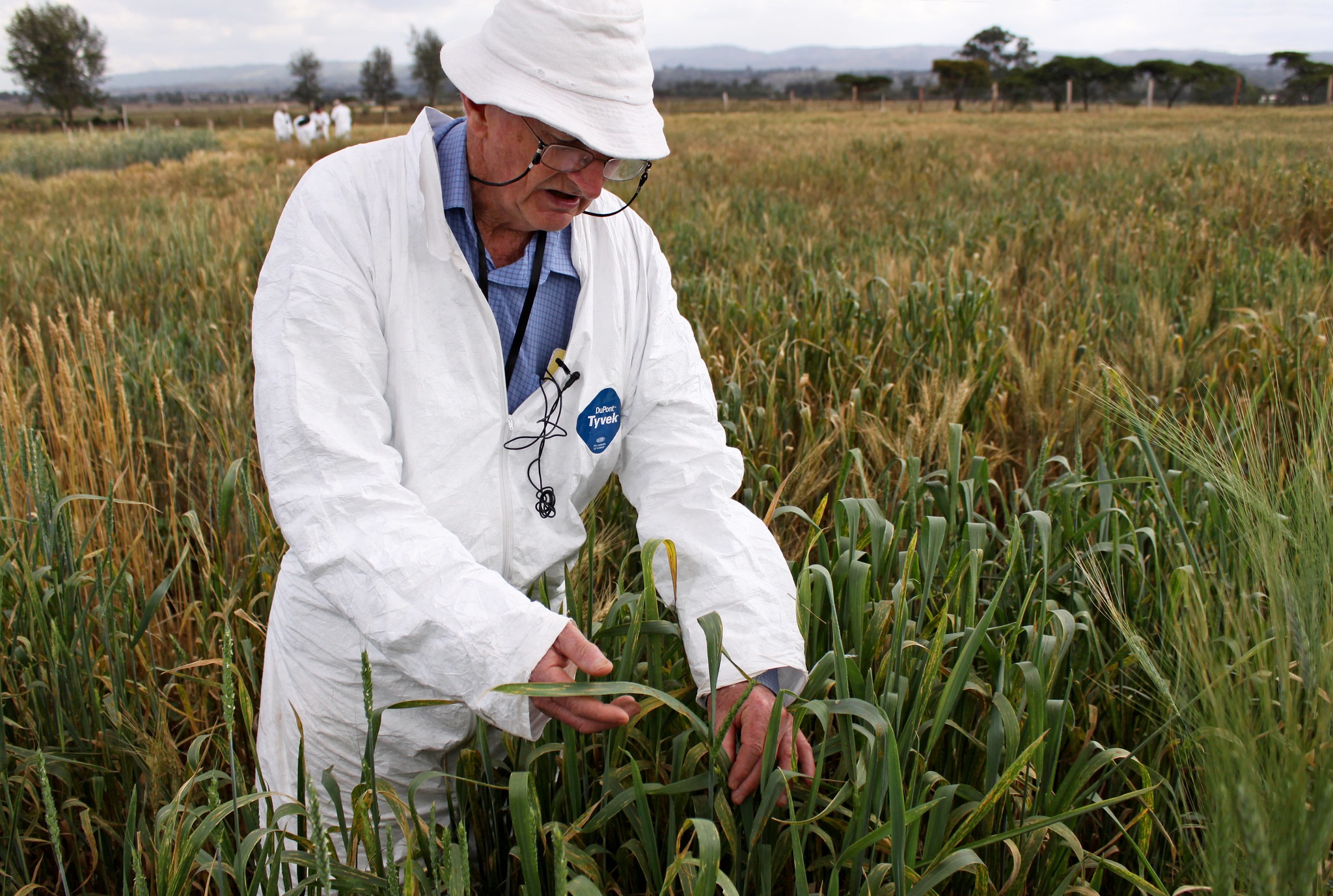

Everyone benefits from Ag4Dev investments

A recent review commissioned by the Crawford Fund has found that investing in international agricultural research not only delivers obvious benefits to Australia’s partner countries, it contributes to influence, “soft power” and an enhanced international reputation for Australia as a serious and significant contributor to the international community, through willingly and freely sharing Australian intellectual property in agriculture.
The review considered the associated social, environmental, and diplomatic outcomes of international agricultural research for development (Ag4Dev) initiatives and related investments in capacity building. The resulting report, “The Benefits to Australia and to the Global Community from Investing in International Agricultural Research and Development” was produced by Alluvium International with Dr. Neil Byron, Dr. Jan Edwards, Mette Kirk, and Steve Charlton-Henderson.
The report was commissioned to extend the consideration of benefits beyond the economic returns that were studied in a sister report.
Despite the proof positive from benefit-cost analyses finding a ratio of 10:1 on investment, and the less quantifiable social, environmental, and diplomatic benefits in-country and to Australia of investing in international agricultural research for development (Ag4Dev), the proportion of Australia’s development-assistance budget receives is only around 2.5 percent. We firmly believe it is in Australia’s interests to increase the proportion of its development-assistance budget invested in Ag4Dev.
The purpose of the review was to:
- understand the social, institutional, governance, and environmental outcomes and impacts, as well as soft power and diplomatic impacts of specific Ag4Dev activities, particularly of ACIAR and the Crawford Fund;
- identify the critical success factors that explain why some Ag4Dev projects are successful whilst others have less impact; and
- draw on the review findings to indicate areas that the Crawford Fund may emphasise in terms of its future training, mentoring, and related programs.
According to the authors, The Crawford Fund is already doing well, with very little, significantly enhancing:
- Knowledge base – for increased food security and productivity, more effective and sustainable management of natural resources
- The pool of people in Australia and overseas who are eager and equipped to contribute significantly, especially in capacity development
- Relationships and career development opportunities, at multiple scale.
This report noted numerous benefits to Australia from Ag4Dev in addition to the widely recognised benefits to partner countries. These include:
- Practical knowledge that can enhance Australian agricultural productivity by studying crops of interest in different climatic or agro-ecological conditions
- Biosecurity benefits of studying potential pests and diseases (to both cultivated plants and domesticated animals and to native flora and fauna) before they reach Australia
- Ag4Dev Relationships and networks that enable prompt and coordinated responses to emerging issues in international plant/animal science
- Detailed knowledge of international trade and value chains that are potentially useful to Australian production and trade.
According to the report, an overarching finding from this review is the critical importance of mentoring to achieve sustainable and longer-term outcomes. This was highlighted by all interviewees as a core strength of the Crawford Fund, both in terms of the program delivery as well as in terms of the extensive resources and expertise available to the Fund through its wide network and alumni. Without exception, the interviewees expressed deep gratitude for the quality guidance and continued support offered by Crawford Fund mentors – where this support has lasted for many years for some participants.
The authors also noted several participants commented that the value of these networks and relationships lies in the diversity of people represented across different countries, professions, organisations, gender, age, and socio-economic backgrounds. The Crawford Fund programs literally break down barriers, and silos, and connect people across diverse backgrounds and perspectives. In a very practical sense, this allows for ‘cross pollination’ of knowledge and ideas on how to improve agricultural production and contribute to development goals.




